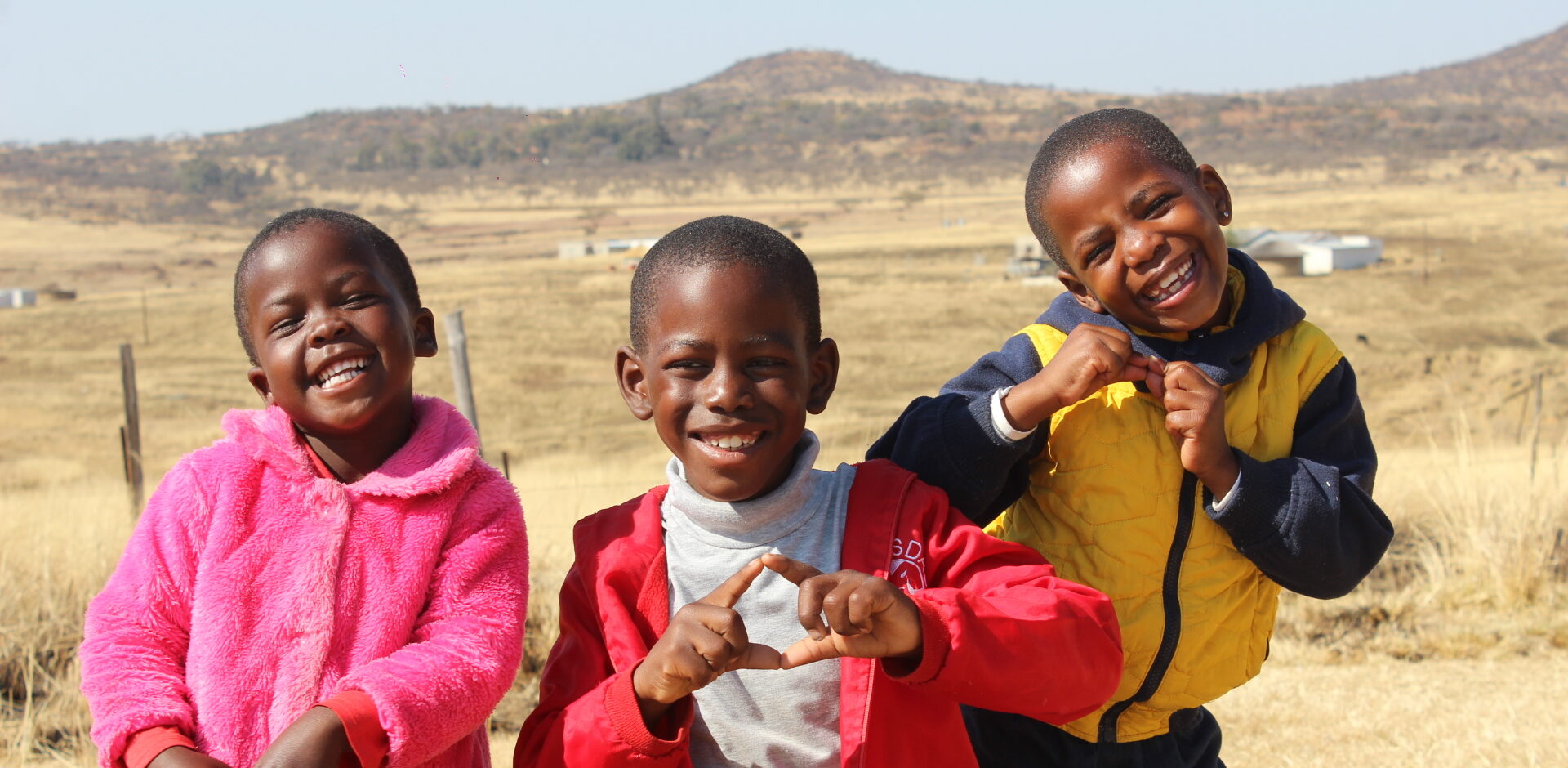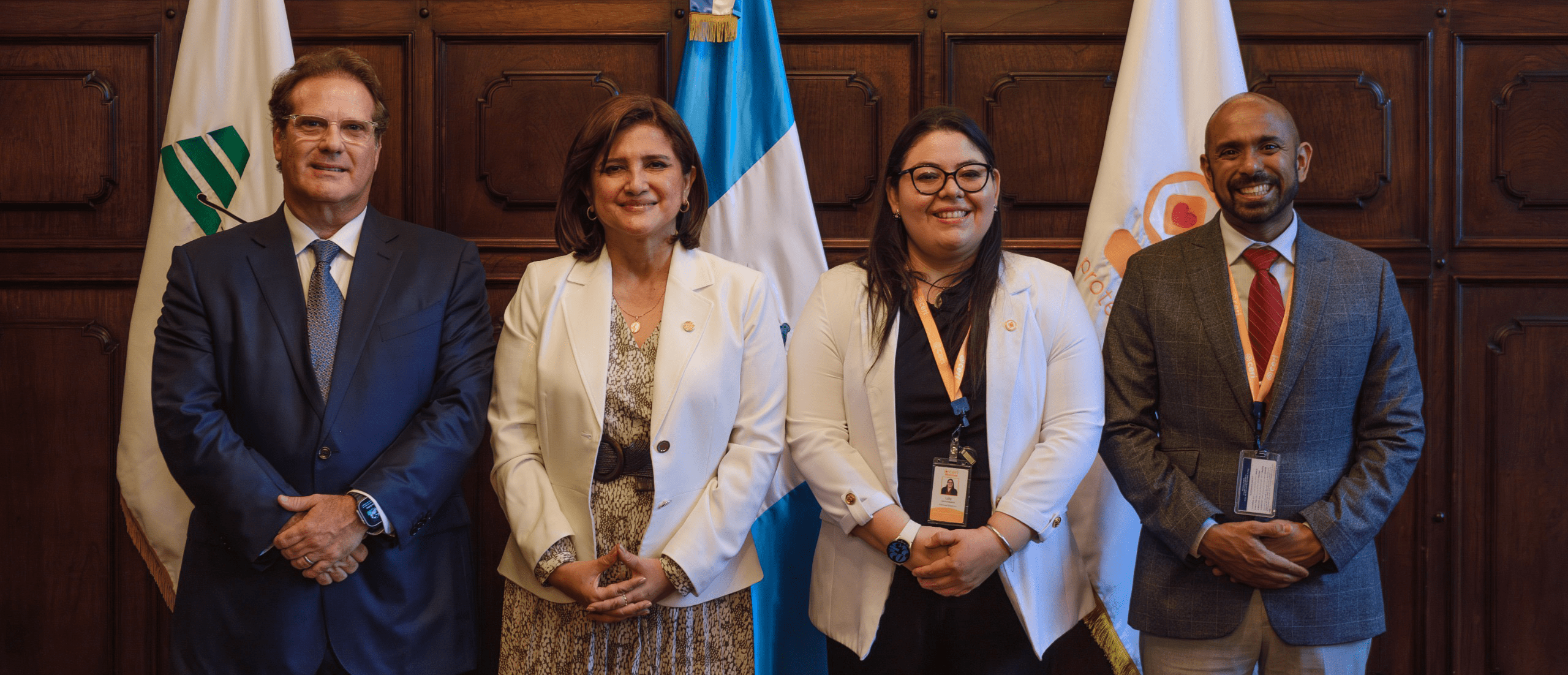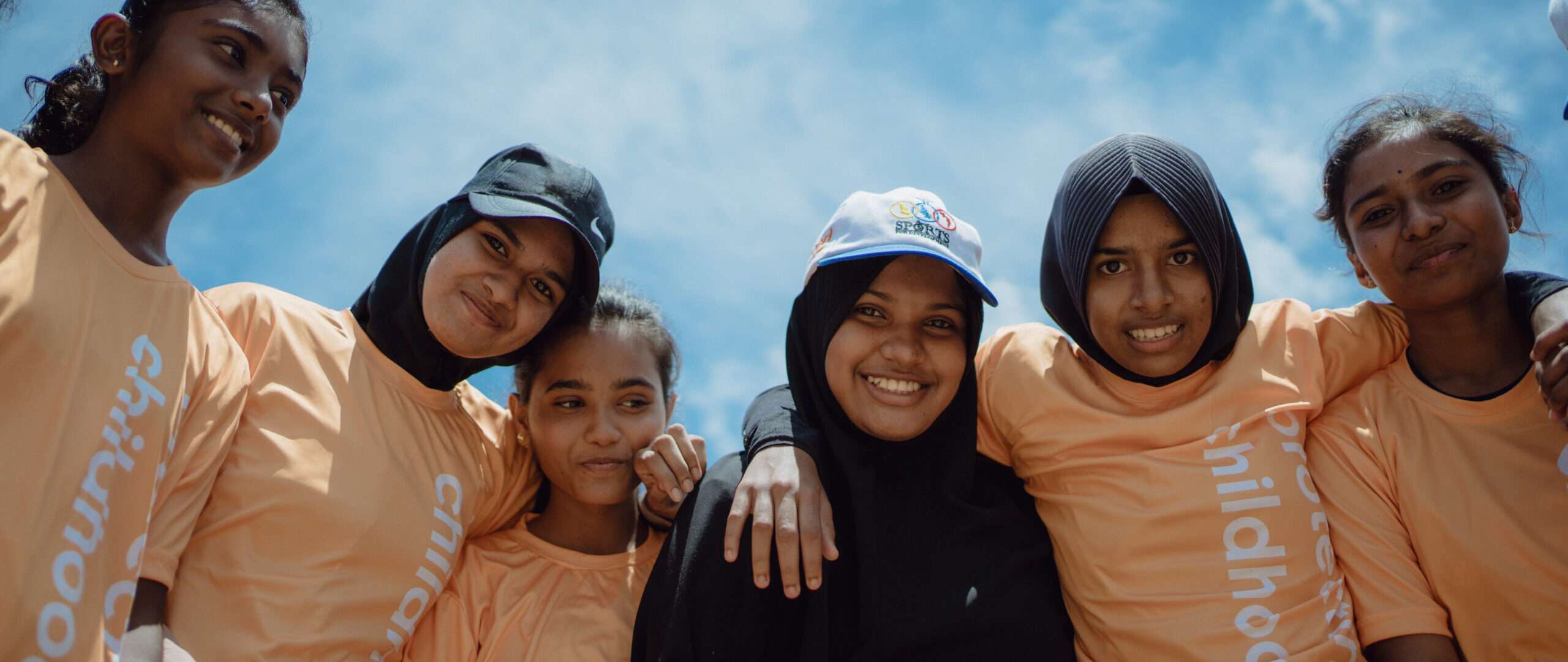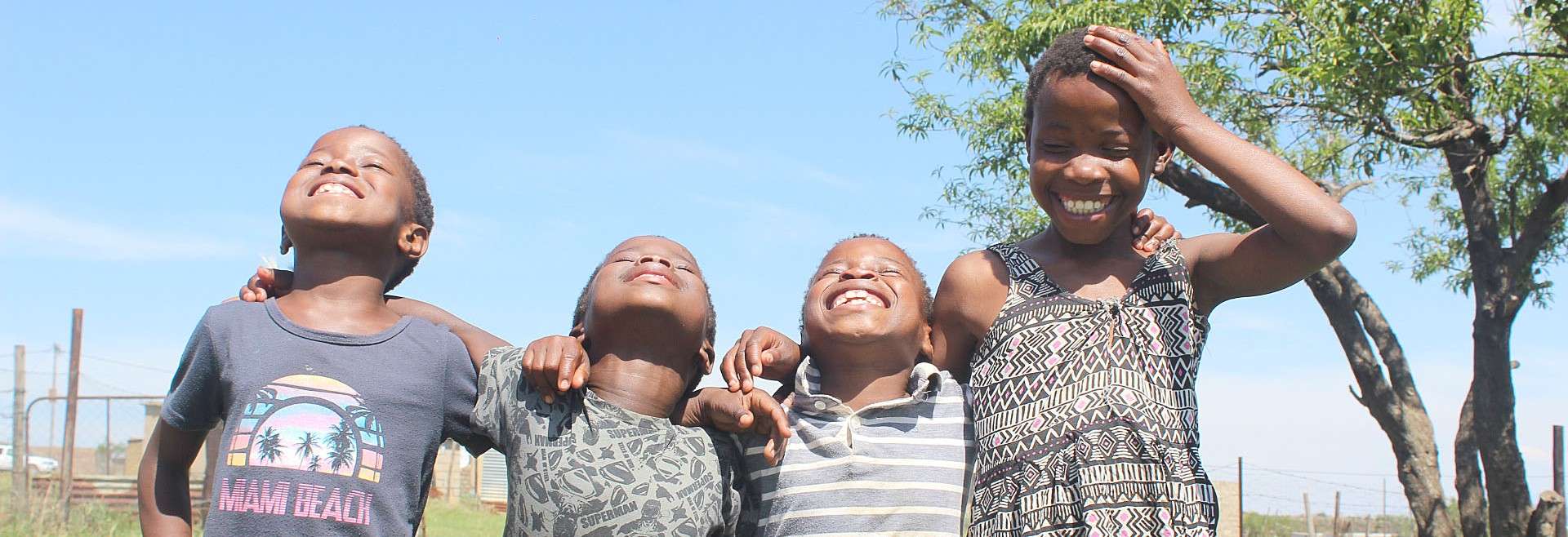Meet Mhambi, she lives in a village near Ladysmith, South Africa, a remote area with dirt roads and little access to governmental services. At 85 years old she cares for three great grandchildren and a granddaughter who is HIV positive. When we met Mhambi, in 2022, her joyous and tired eyes told us her story: every day was a struggle, and fighting for the next day was getting harder.
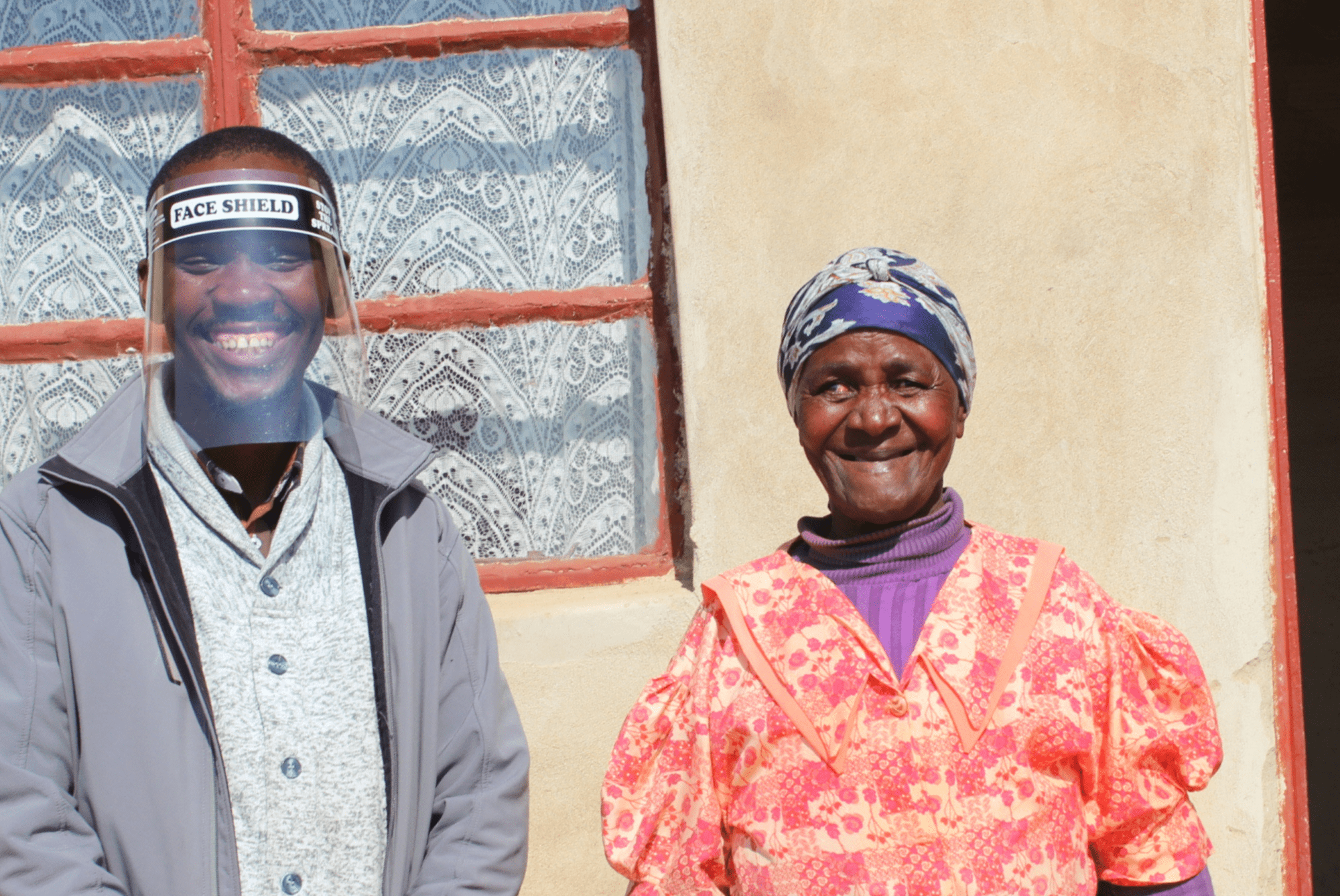



Mhambi’s challenges
Mhambi’s household qualified for CERI’s family strengthening services. During the months that followed we focused on assessing the barriers in front of her family’s financial sustainability. Two things emerged as root causes – they couldn’t access any governmental resources and didn’t benefit from any legal entitlements.
South Africa’s long history of discrimination and inequality has placed its print on many families, leading to generational poverty and lack of social mobility. With a poverty rate of 63% in 2022, a large majority of its population is relying on government grants and services to survive.
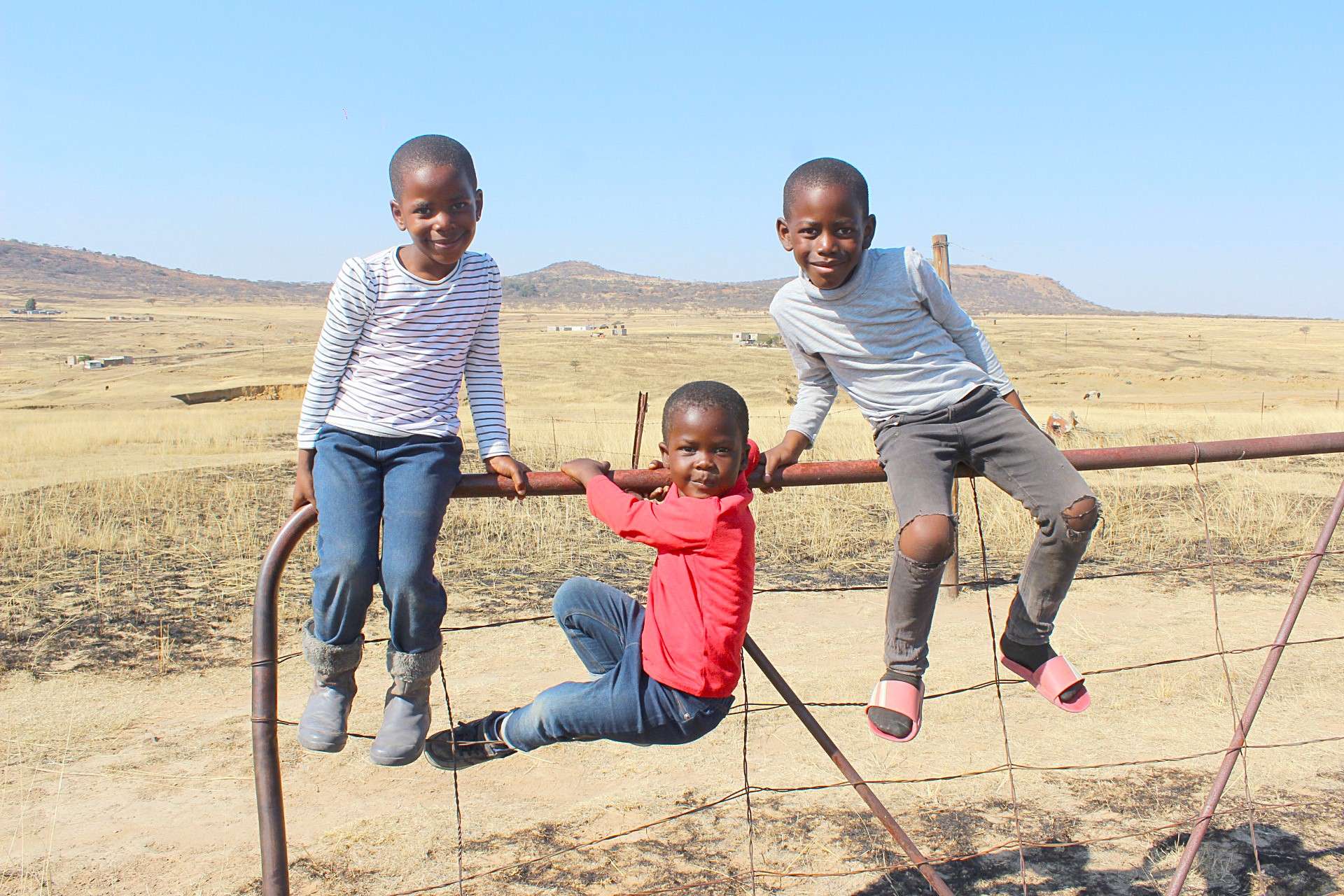


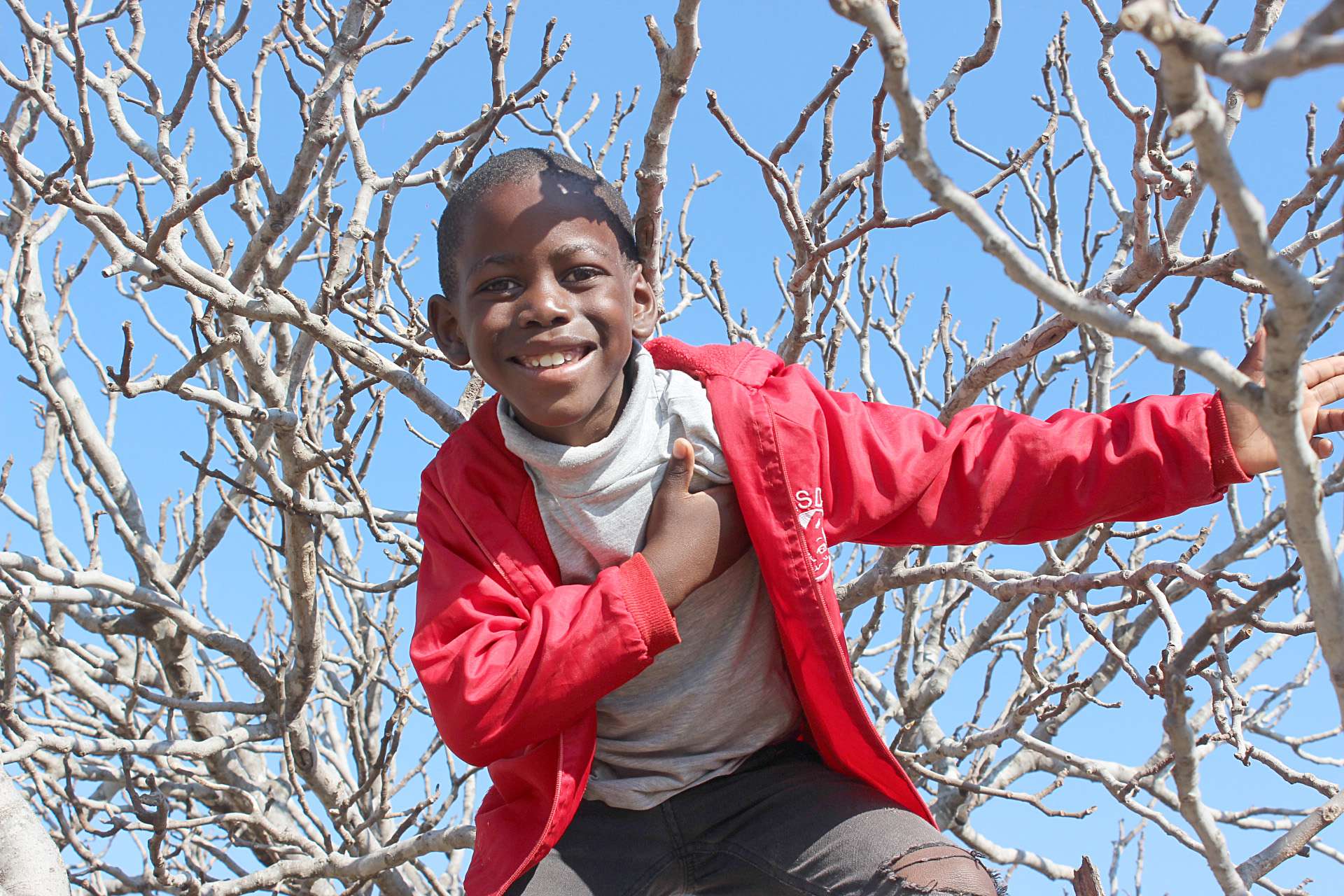
Mhambi knew other families that benefitted from government support. She heard about the child grant and was sure her great grandchildren would qualify for it. Moreover, since HIV treatment is distributed for free in South Africa, she hoped her sick granddaughter might get well enough to lead a full life. But there was one problem – none of them had birth certificates, and all governmental services required one.
She considered other ways of supporting her family, but finding work, at her age, was impossible. The pandemic lead to a 35.3% spike in the unemployment rate and in 2023, there were still much fewer jobs than before Covid. The inflation, growing food prices, and her aging body made survival a daily fight.

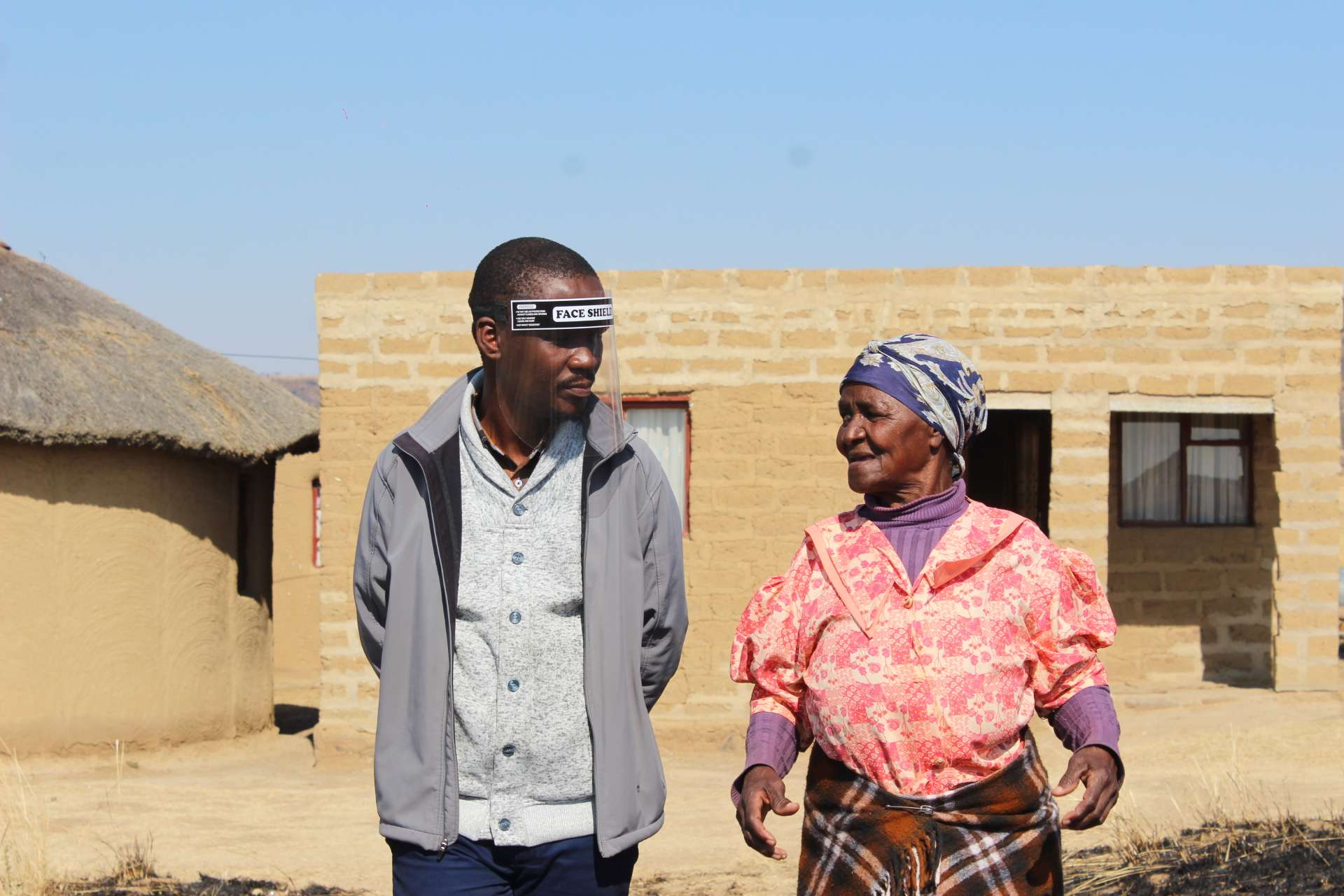
Advocacy for food and healthcare
Navigating the legal system to obtain birth certificates, and then apply for country IDs was beyond Mhambi’s power. It was also a lengthy and complex process, where applicants had to schedule appointments, fill out paperwork, and oftentimes bring in witnesses that could prove, through testimony, that the applicant is a descendant of a local, South African family. Over the following 6 months, CERI staff have advocated for Mhambi’s family by reaching out to the Department of Home Affairs, the Department of Social Development, and the South African Social Security Agency. We also reached out to the Ministry of Health, asking for expedited treatment for Mhambi’s HIV positive granddaughter.
When the process concluded, Mhambi’s family members were documented, started receiving medical treatment, and a monthly cash grant that helped put food on their table. Now Mhambi doesn’t have to spend each night worrying about what they will eat the next day, or where to borrow money from to buy school uniforms. Today she has a little more hope for tomorrow.
Every time our team visits Mhambi, she grasps their arms strongly, with both hands, welcomes them, and says: “Ngiyabonga kakhulu kwaba kaCERI, ngokusiza mina nabazukulu bami. Inkosi inibusise!” Translated from Zulu, this means: “Thank you so much to CERI for helping me and my great grandchildren! May God bless you!”

Working towards a brighter future
We will not stop here. CERI works to support each family at risk of separation by ensuring their care and protection. We build our intervention on top of 10 life domains and seek positive development in each area.
The work with Mhambi’s family is far from being finished. The goal is for the family to self-sustain long after the 85-year-old is no more, ensuring that the children have a hopeful future, consistent education, and a positive environment to grow in.

